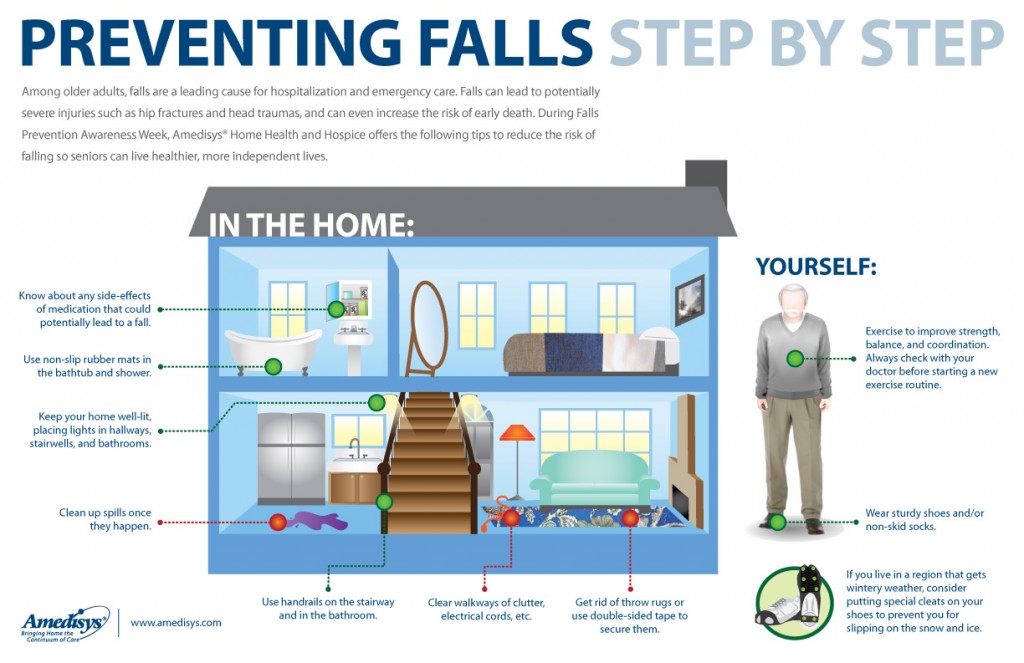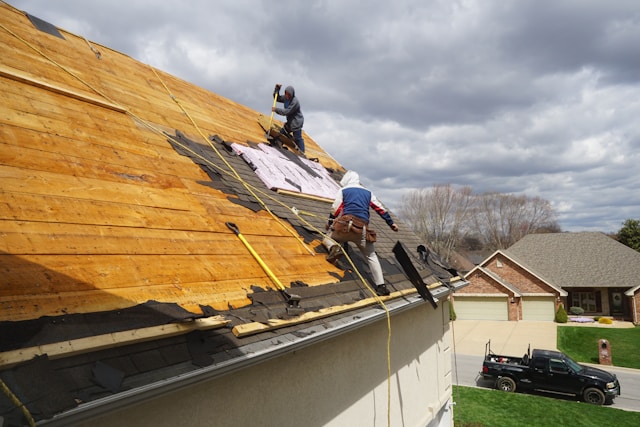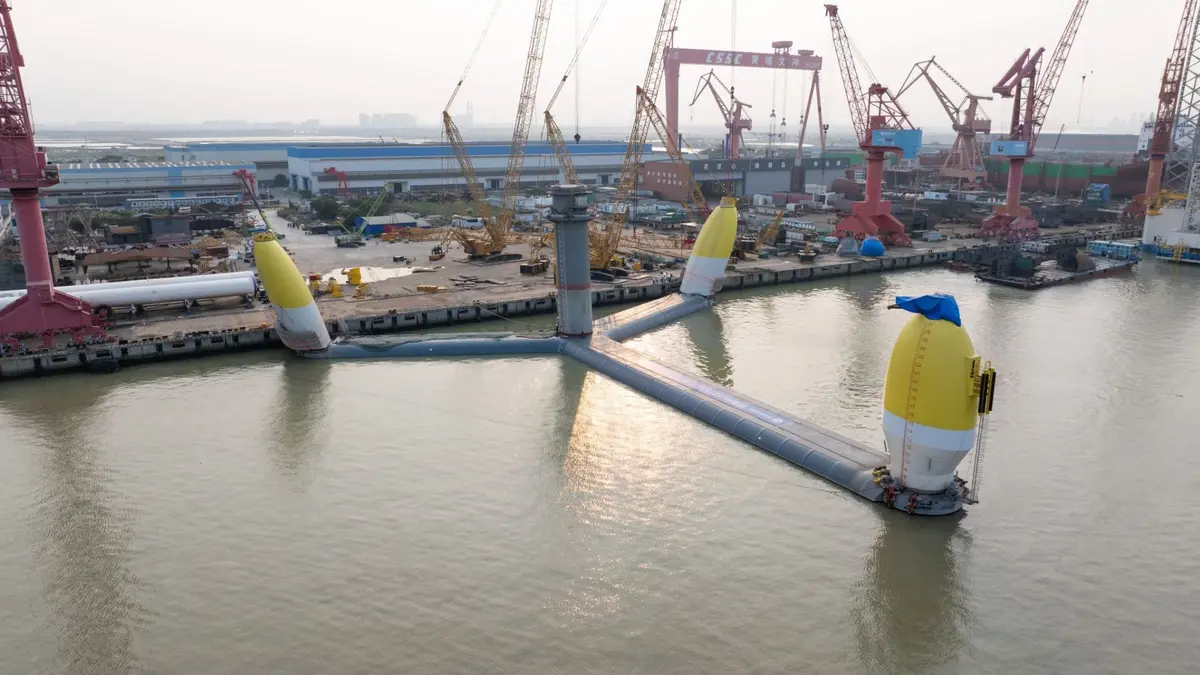In Sonnet 73 Shakespeare wrote of people reaching the end of their lives, using a tree as a metaphor for a human body wracked by old age:
That time of year thou mayst in me behold
When yellow leaves, or none, or few, do hang
Upon those boughs which shake against the cold,
Bare ruined choirs, where late the sweet birds sang.
Getting Old, While Still Tough, Getting Easier
Over the centuries life for the aged has improved with the greatest advances, perhaps, made during the last two decades. My grandmother, who passed away in 1990 at the age of 92, suffered from cataracts, spending the last years of her life with poor vision. My parents who are now in their mid to late 80s have both had cataract surgery, allowing them to see as clearly as a much younger person, greatly improving their quality of life.
Balance Problems in the Elderly, Preventing Falls
One of the big worries for the children of elderly is mobility and falling. Now technology is advancing to help reduce the likelihood of falling and possibly breaking bones an event that often leads to long-term hospitalization and deteriorating health.
Pioneering Boston University biomedical engineer Jim Collins and his colleagues have developed piezolectric sensors to measure changes in pressure and acceleration as people walk and vibrating insoles to generate small, random vibrations on the soles of the feet to help walkers better orient themselves in relation to balance and ground.
The results of the study were published in the Lancet Medical Journal and included 12 elderly people in good health between 65 and 90 years old. Vibrating insoles decreased postural sway while improving balance and walking. The study was carried out jointly with the Institute for Biologically Inspired Engineering at Harvard. For more information on this study, see Smart Science.
Of course, this technology has been studied before but problems arose due to limited battery life, a problem which is all but in the past.
As more and more people live into their 80s, 90’s and beyond, advances like these will allow our oldest citizens to have less pain and a higher quality of life.
Related IndustryTap articles:
- Forget Using 2 Hands… The 7 Finger Robot Makes Tasks Simple With 1 Hand!
- New Flu Vaccine Patches Up Your Fear of Needles
- Can Your Job Be Done By Robots? This Data Is Scary BUT Intriguing!
- Will Bacteria-Eating Viruses Exterminate Superbugs?
- Driverless Vehicles Are The Next Step In The Evolution Of Transportation
- 3D Printed Implant Replaces 75% Of Patients Skull
- Air Pollution Killing 700,000 Chinese a Year and Millions More Worldwide
References and related links:








